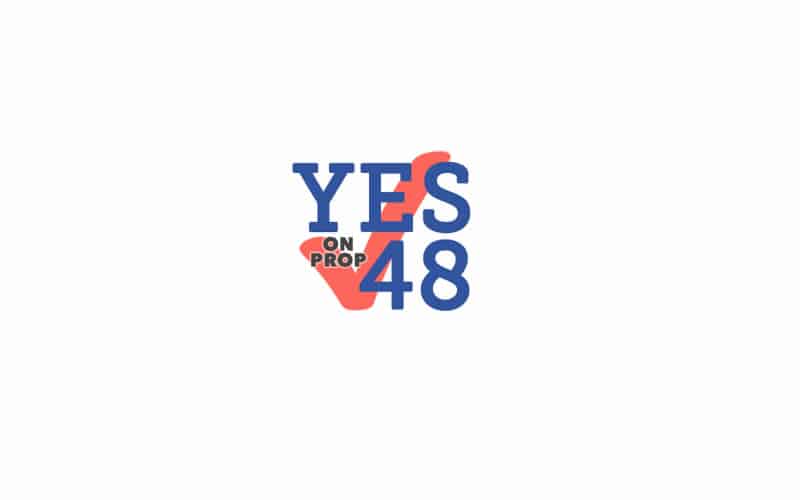For decades, Indian reservations have been the site of all sorts of California casino betting and gaming-related facilities, bringing in mountains of cash to their respective owners. All of that cash has been legal because the activities have taken place on reservation land. A California ballot measure set for November 4 is asking voters to either ratify or overturn an agreement between the state and the North Fork Rancheria of Mono Indians. That compact would allow the tribe to build a 2,000-slot machine casino on land they recently acquired near Madera, California—38 miles away from its reservation.
Those voting “Yes” want the casino to be built, while those in the “No” camp are against the deal. Another compact involves the Wiyot tribe, with that agreement tied into the bid for the off-reservation casino. While that deal prohibits a casino on Wiyot land, it guarantees the tribe roughly three percent of the slot-machine revenues from the proposed North Fork casino.
The main conflict that has brought about such heated debate stems from the fact that the property in question is on non-reservation land, which might ordinarily disqualify the use of it for any gaming. However, the Tribe had requested in 2005 that the Department of the Interior approve its use in that manner, since it would benefit the tribe, had the support of the state’s governor (Jerry Brown) and was considered not detrimental to the area surrounding it. In 2011, the Interior gave its approval, and Brown signed the compact (Assembly Bill 277) the following year. Brown’s support of Proposition 48 is based on the expected creation of thousands of jobs in one of the state’s most poverty-stricken areas, which has also brought labor organizations on board.
According to the Legislative Analyst’s office, the casino would be estimated to make a one-time payment to both Madera County and the city of Madera from $16 to $35 million. Tribes that already own areas in the state’s Central Valley have led the fight against the measure, with California Sen. Diane Feinstein also expressing her support. The “No” vote supporters have funneled $7.8 million into fighting the measure, in contrast to the relatively-scant $418,000 by those supporting it, almost all of that coming from Station Casinos., which would operate the casino in exchange for 30 percent of the profits.
The main reason for the strong opposition is the $7 billion in revenue that the 59 different casinos in the state bring in. In addition, Las Vegas is within driving distance. In addition, the concept of the slippery slope with regard to circumventing what had been the accepted law is a concern of the measure’s opponents. Increasing the practice of “reservation shopping” has also been mentioned as a reason to oppose it, which references the claim that tribes would go all across the state to open up casinos, regardless of where they are located.

